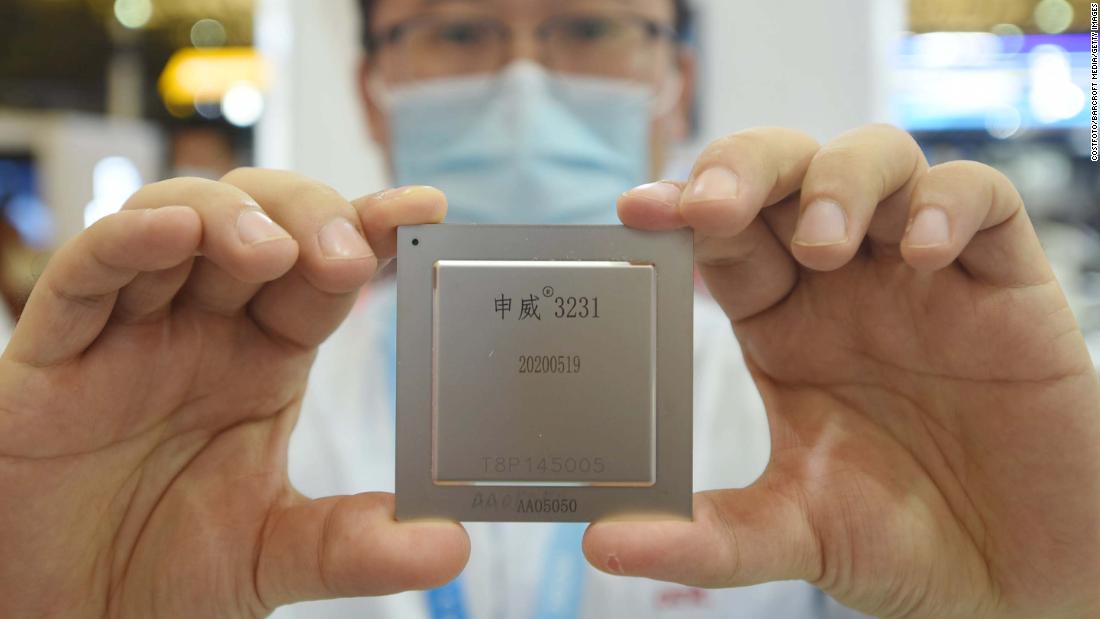
The US government on Friday maintained harsh restrictions on the Semiconductor Manufacturing International Corporation (SMIC), while the Trump administration continues to put pressure on Chinese companies in recent weeks.
“We will not allow US advanced technology to help build an increasingly belligerent adversary’s army,” said U.S. Secretary of Commerce Wilbur Ross in a statement, adding that the company “perfectly illustrates” the risks of China’s use. of US technology to modernize its military.
SMIC has previously said it has no ties to the Chinese military.
Name List of entities requires US exporters to apply for a sales license to SMIC. “Items uniquely needed to produce semiconductors at high-tech nodes – 10 nanometers or less – will be subject to a presumption of refusal to impede such a key technology to support China’s civilian-military fusion efforts.” said the US Department of Commerce.
SMIC is already dealing with another major headache. Chinese state media reported earlier this week that co-CEO Liang Mong Song is resigning. In an unusual turn of events, the company said in a statement on Wednesday that it was trying to confirm these reports, although it knew of “Liang’s desire to resign under certain conditions.”
Asked about the Reuters report, a Chinese Foreign Ministry spokesman accused Washington on Friday of “using its state power to suppress Chinese companies.”
“We urge the United States to stop its unjust behavior in unreasonably suppressing foreign enterprises,” Wang Wenbin told reporters in a regular press briefing. “China will continue to take the necessary measures to protect the rights and legitimate interests of Chinese enterprises.”
SMIC plays a critical role in fueling China’s technological ambitions. Much of China’s supply of chipsets comes from foreign companies, which supply everything from Chinese smartphones and computers to telecommunications equipment. Last year, the country imported $ 306 billion in chips, or 15 percent of the country’s total imports, according to government statistics.
Liang’s loss could complicate matters, as the company’s recent technological advances have been “directly attributable” to him, Bernstein analysts wrote in a research note earlier this week.
Washington pressure is threatening to make it even harder for the company to catch up with foreign rivals.
The US Department of Defense earlier this month added the company to a list of companies the agency claims are owned or controlled by the Chinese military. This decision means that Americans are forbidden to invest in SMIC.